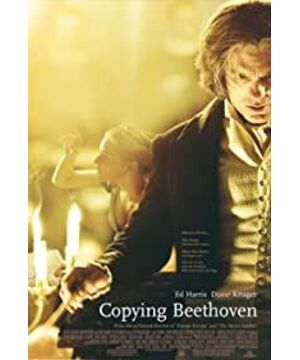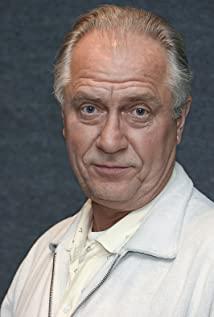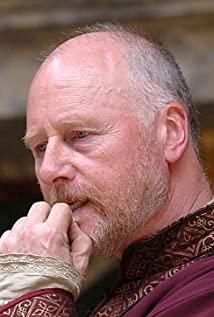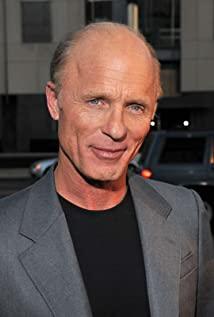In "Copying Beethoven", what content does he want to express and what kind of spirit does he promote. It is nothing but Beethoven to narrate part of his experience in the second half of his life, expressing his dedication and passion for music. If you put the film into an era to taste, it may also be very rewarding. The capitalist society of the 19th century was filled with the smoke of money and power. People pursue elegance, so there is the "big man" in red in the film. His role may represent the attitude of a group of people to music at that time. At the opening of Beethoven's last concert, he and Anna had a relationship. The dialogue can also express a little helplessness and ridicule of the genius. Ordinary people also yearn for the "elegance" admired by the mainstream crowd, so the old neighbor of Beethoven also appeared in the film. She would enjoy the quiet moment when Beethoven went for a walk, but refused to move away from this place. "Noisy" neighbor, as she said, she was Beethoven's neighbor. She could hear the music that didn't begin. A sentence from Beethoven in the film came to mind, which probably meant that God was speaking to everyone, but the words to him were too loud and deafening, so he was deaf. This talented musician did not go to church to pray like the mainstream crowd, praying for God's favor, and believing in God as a god. So he was an outlier in Aunt Anna's eyes. However, he talks about his communication with God all the time. His music is God's whisper, and his music is the bridge between God and the soul. So, Beethoven would smash Martin's bridge model, which is his attitude towards art. He was an oddball, a freak, and a musician in their eyes, but when Beethoven created music that they couldn't or wouldn't appreciate, they just walked away from the genius. Therefore, the evaluation of the so-called freak is also an incomprehension of the music that Beethoven pursued. I guess that's also the reason for the loneliness and weirdness of this genius. As for Anna's role in the film, I think she may be an angel to save this genius who has fallen into reality, and to repair this bridge connecting the artistic paradise and the real world. So, in the film Beethoven said that to the boss in the tavern.
Although the understanding of Beethoven only stays in words such as "musician, genius", etc., the Beethoven shown in the film may give us more thinking about this "genius musician" in people's eyes .
In fact, Beethoven was tired of these mainstream appellations. He yelled at Anna not to be flattering, he liked Anna's frankness.
The scene of kneeling in the church, maybe just a child wandering in the valley found a partner. All he needed was someone who could listen to his heart. Not the crowd who just clapped or sarcastic.
At the end, it is Beethoven's yearning.
If it is said that Beethoven is as "sexy" as people say, but he did not do anything to Anna in the film. If it is provocative to ask Anna to wash her body, it is better to say that it is just a cleansing of the soul. Washed away the dust he had in reality.
Beethoven used his soul to communicate with his beloved art, and every note was his story.
View more about Copying Beethoven reviews











